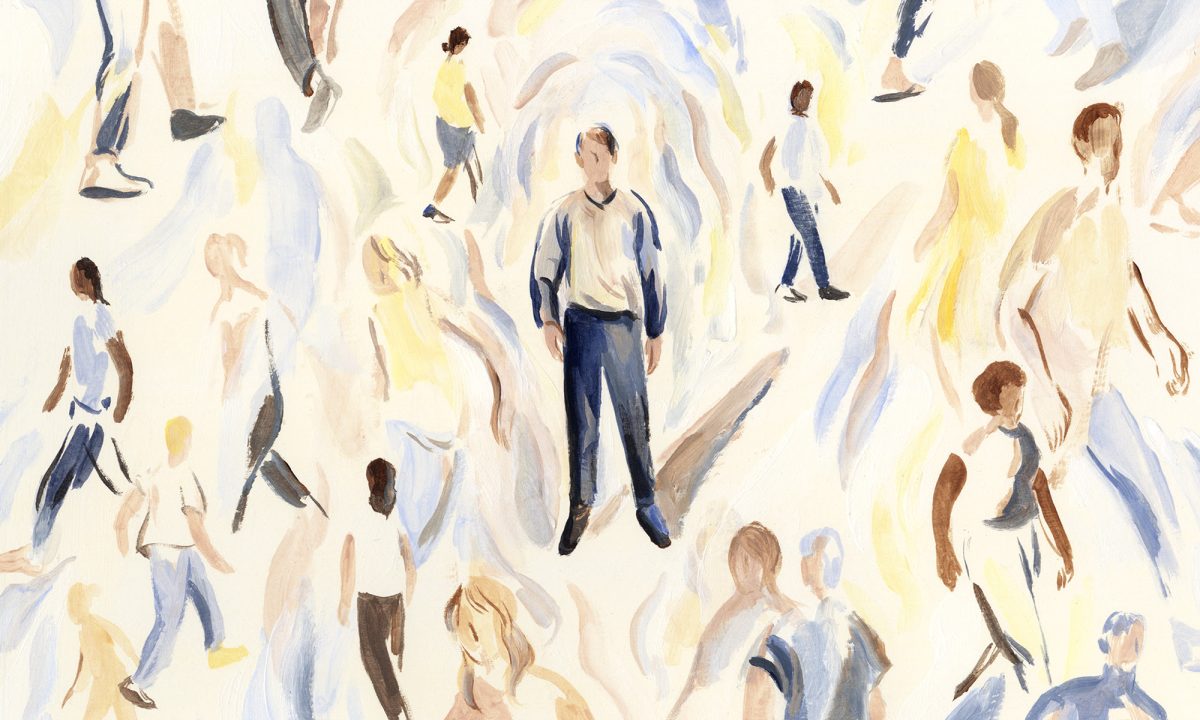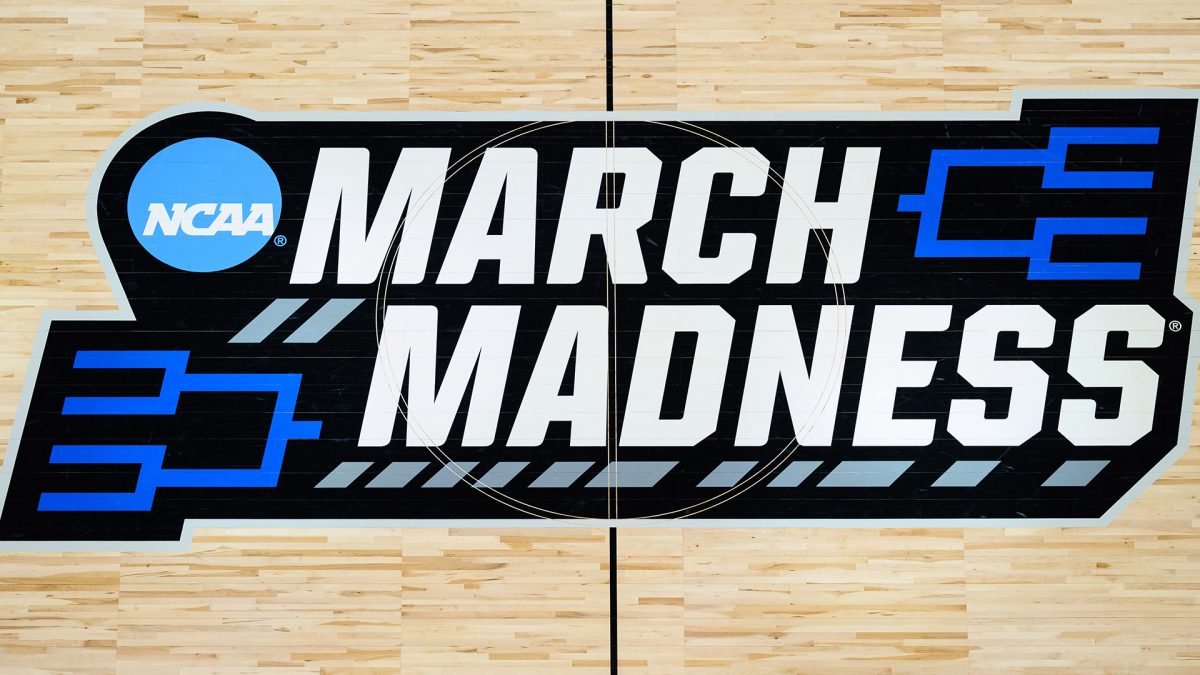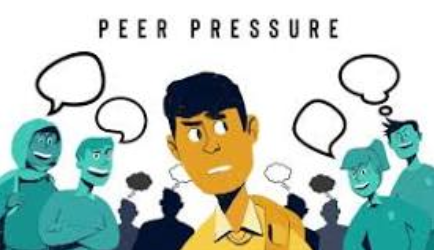Scrolling through my social media in the morning, I came across a video. A ten year-old boy telling people why he hates democrats. Ten years old. I didn’t even know who was running for president at 10. This leads us to the question: why does he think they are bad? Did he keep up with all the election results? Maybe he read a paper about what democrats were doing at the time and another about republicans and thought one was worse than the other. Or, maybe he overheard his parents talking and adapted to their mindsets? Most likely, he overheard his parents or grandparents or teachers saying something that stuck with him. He’s not going to question the thoughts of authority figures in his life.
When we hear kids voicing opinions on things one can assume they don’t know anything about, we have to wonder why they think that. Why do they think that when it barely affects them? Why are they acting like that when they haven’t yet learned what other people may think about the topic? Why are they saying this when it may hurt other people? Are kids really understanding such heavy topics at early ages, or are they being told what to think? I believe that people are being fed information before they are able to fully form an opinion on their own.
According to Gordon Allport, an American Psychologist, “Man is not born prejudiced; rather, prejudice is learned”(The Nature of Prejudice Unabridged by Gordon Allport). In Allport’s report he talks mainly about how prejudice is related to societal norms and fitting in. He believes that one learns prejudices and is not born with them. This supports the idea that we get our prejudice from others and not ourselves.
“I don’t think my race means I should have to be educated on [prejudice], I think everyone should be,” says Bree Kuliga- a biracial, female student at Quakertown High School. Bree says, as a biracial person, you see certain microaggressions against the minority as you get older. Commonplace verbal, behavioral, or environmental slights become very easy to pick out. You feel like you need to conceal that part of you so you’re socially accepted. This is a major prejudice that affects people’s lives immensely. Talking to Bree, I learned that her family has been open to talking about their opinions on some controversial topics like politics, race, etc. Bree thinks that her views are similar to her parents and even more so similar to her cousins who are around her age. While I haven’t had the opportunity to talk to every student at Quakertown, one can assume people feel the same way as Bree for reasons such as speaking a different language, dressing differently than how you see people dress on your pinterest every morning, etc. This leads us to believe that the people you grow up with can and do affect your outlooks on life and the people in it.
We all have some prejudices whether it be racial, religious, maybe even gender. Or something less popular like ageism, classism, or what type of birthday cake you get every year. But thinking about the definition of prejudice- a preconceived opinion that is not based on reason or actual experience- doesn’t that opinion seem irrational? The key word in that sentence is opinion, it’s your opinion. That means you don’t have to share it with everyone you meet, or even express it everyday of your life. The second key part of this is “not based on reason or actual experience”. So where do you get these ideas from? One may argue you get those ideas from the people around you.
Others may argue that prejudice is unavoidable and not always bad. Values of a certain social group or religion affect prejudice so you can not only focus on an individual’s behavior and attitude. In the “Ontology of Prejudice” by Jon Mills and Janusz A. Polanowski argues that, “While the historical usage delineates the dark side of prejudice, in-itself, prejudice is a neutral psychical predisposition.” Contrasting Gordon Allport, they spend the majority of this book talking about how prejudice is innate. They tell the reader we are born with our prejudices and they are “humanities unconcealed truth”. While they make a good point in saying that we naturally have a disposition for someone who looks different than us, speaks differently, etc. I believe that we should be able to overcome these prejudices- even as a child- and give people a fair chance. Why should anybody be believed less because they look different? The color of someone’s skin, the accent someone has, their hair color, has nothing to do with their work ethic, kindness, or intelligence.
I will leave you with this, “A bird born in a cage, thinks flying is an illness,” says Alejandro Jodorowsky. So next time you think of judging someone, think about why. Think about where you got that idea and what other ways are there to look at the situation. Form your own opinions, live your own life.














